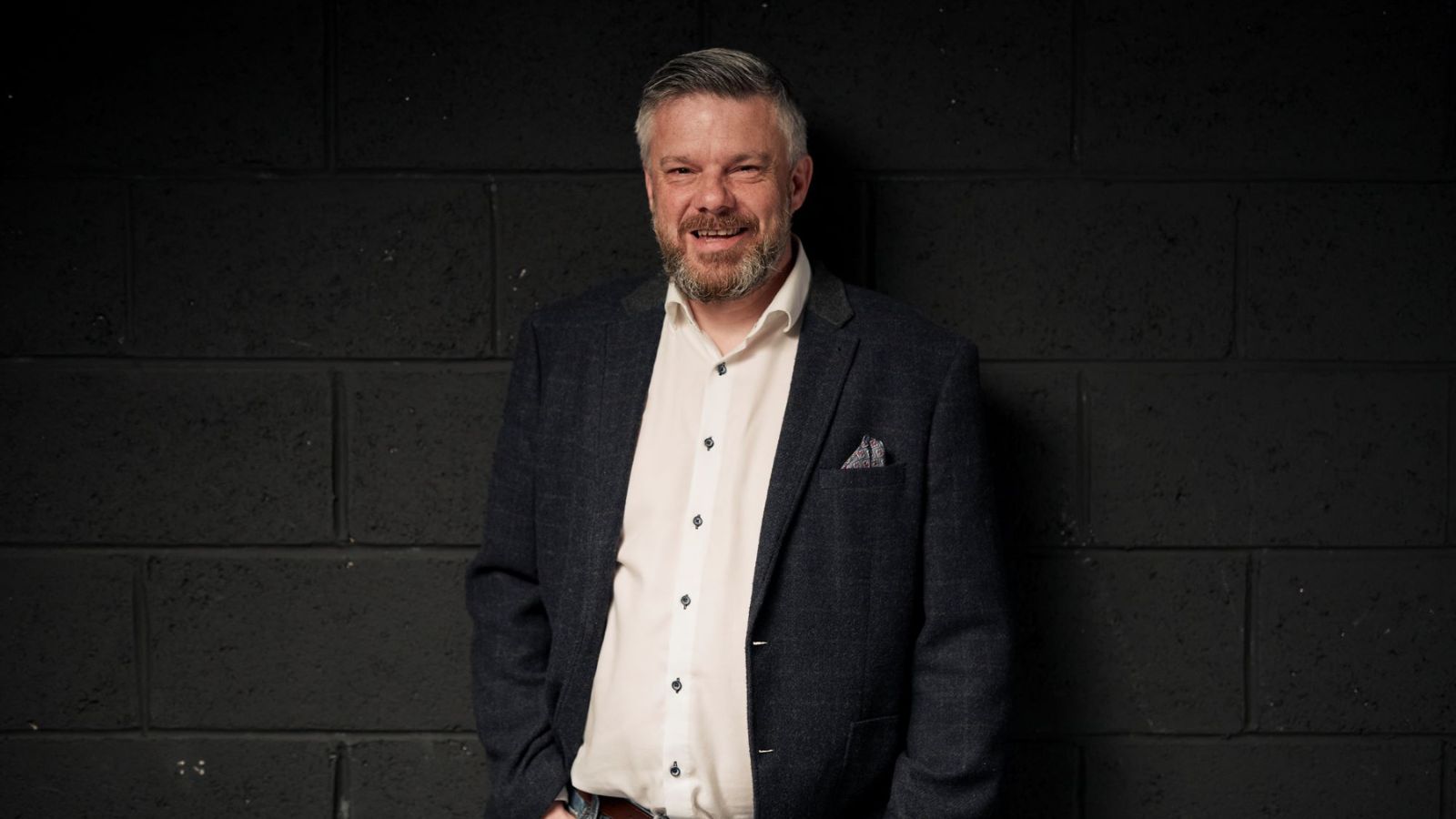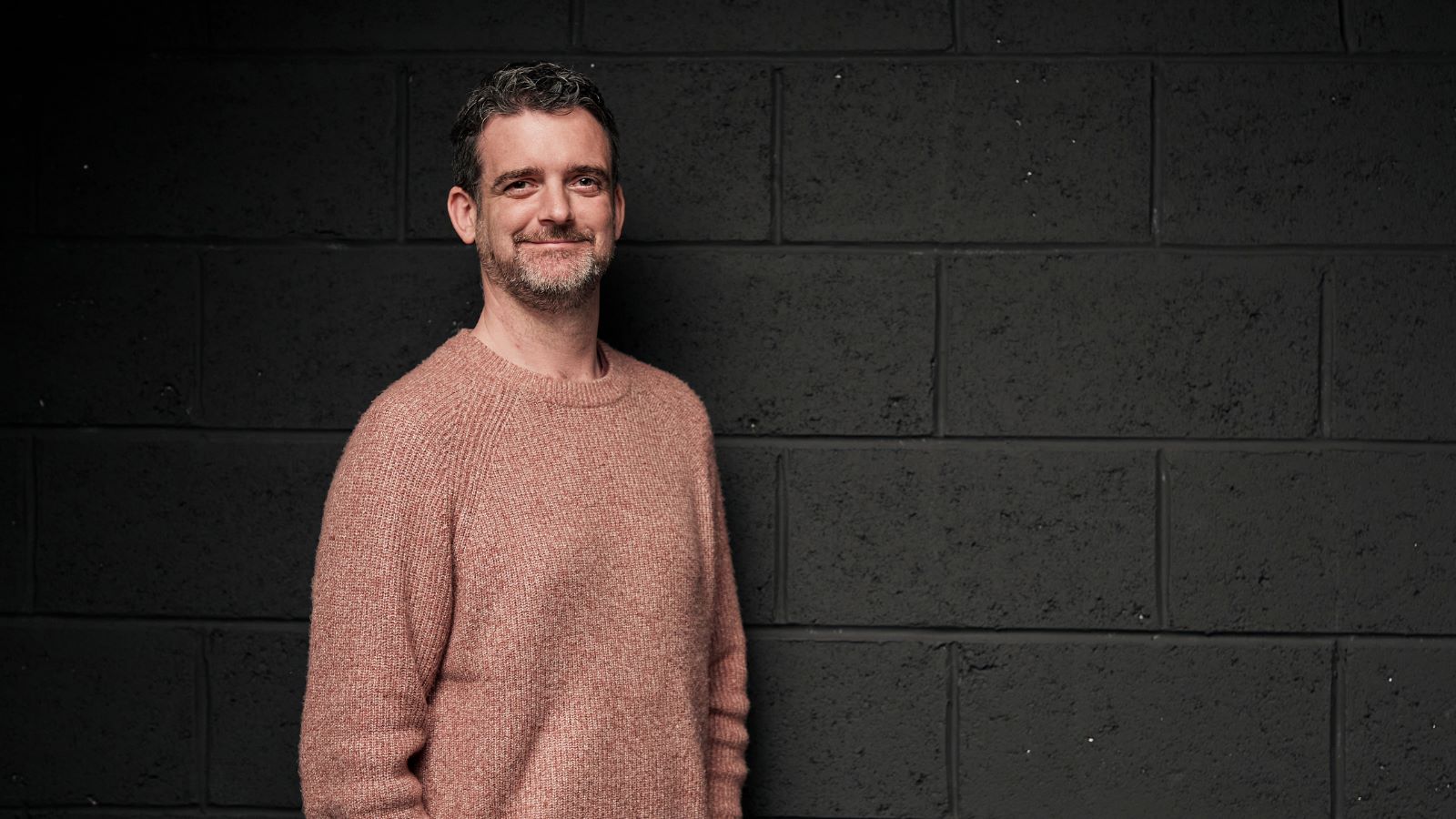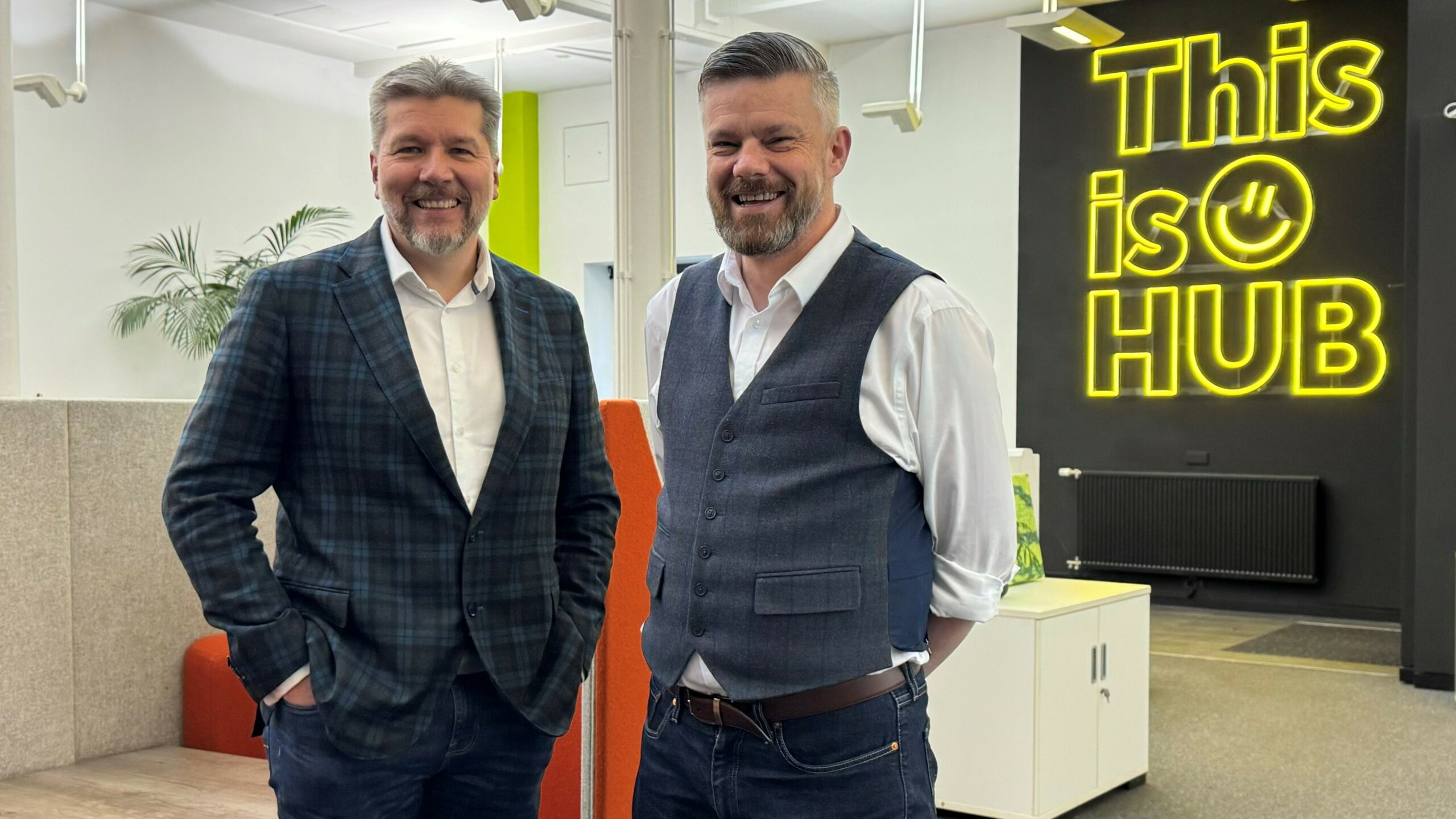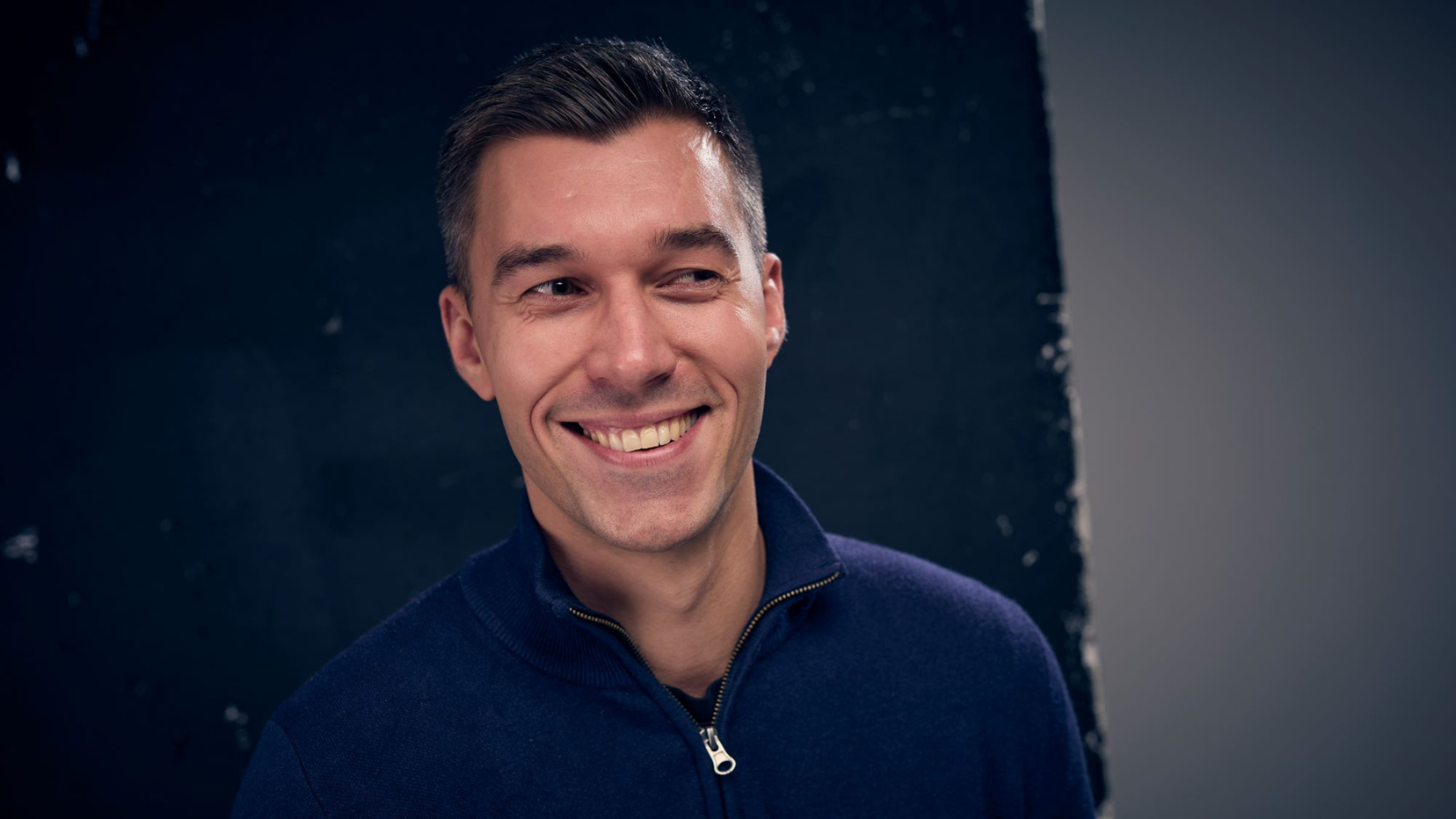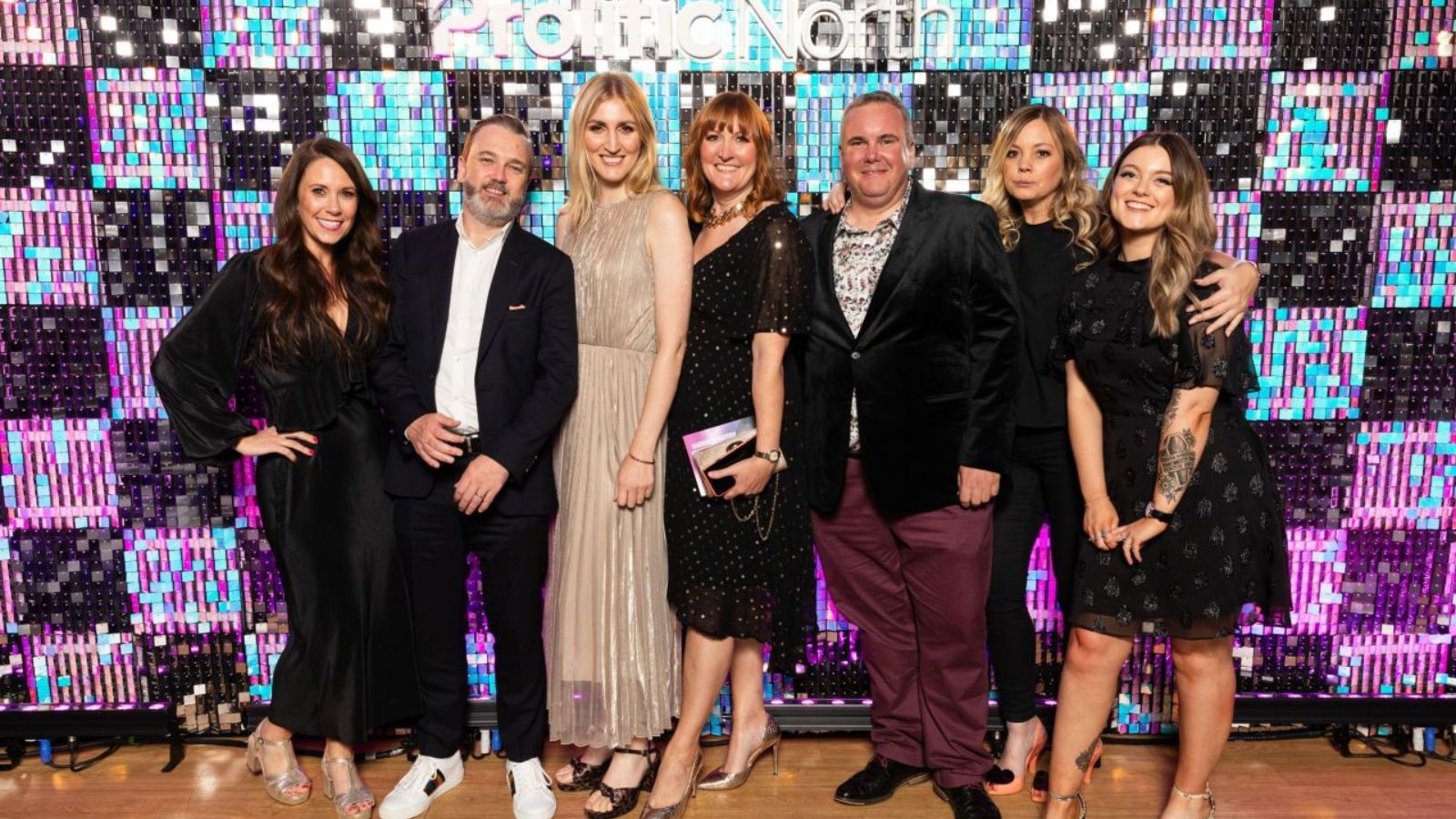By Malcolm Slade, Performance Director at HUB
Having attended many brightonSEOs of various sizes, one thing has always been consistent: It has always been a great place for catching up with industry colleagues and getting the lay of the land with regard to SEO.
Originally held in a pub in 2010, the event has continually grown and now hosts over 6,000 professionals, twice a year, looking to enhance their knowledge with two days of talks across multiple presentation theatres.
April 26th saw the conclusion of the first brightonSEO of the year. Let’s take a look at the key themes from the event and assess where SEO is at in May 2024.
Artificial Intelligence
While Generative AI and Large Language Models (LLMs) were the hot topic in 2023, the gold rush and general buzz around ChatGPT, Gemini, Perplexity and the likes has died down considerably over the last few months. This is thanks to wider overall understanding, Google clarifying its stance regarding the use of AI, and industry professionals developing a more realistic appreciation for what the current generation of LLMs can’t do. Don’t get me wrong, there were still a lot of AI content talks – they were just more thoughtful and realistic, based on up-to-date experiences.
Chima Mmeje – “AI and the machines: how to become the source of truth with authoritative content”, provided a useful level of detail into how generative AI can be wrangled and combined with expertise to produce good content. It’s not as simple as a single prompt and requires a lot of revision and iteration to get there.
Damian Salkowski discussed how to use AI, embeddings and knowledge graphs for topical mapping, competitor research, content gap analysis, link placement and a whole lot more in his presentation entitled “5 effective ways to leverage AI in SEO strategy”.
Jonjo Rowlands gave a very enjoyable presentation around humanising ChatGPT which broached how to use ChatGPT within the content creation process rather than simply getting it to write for you.
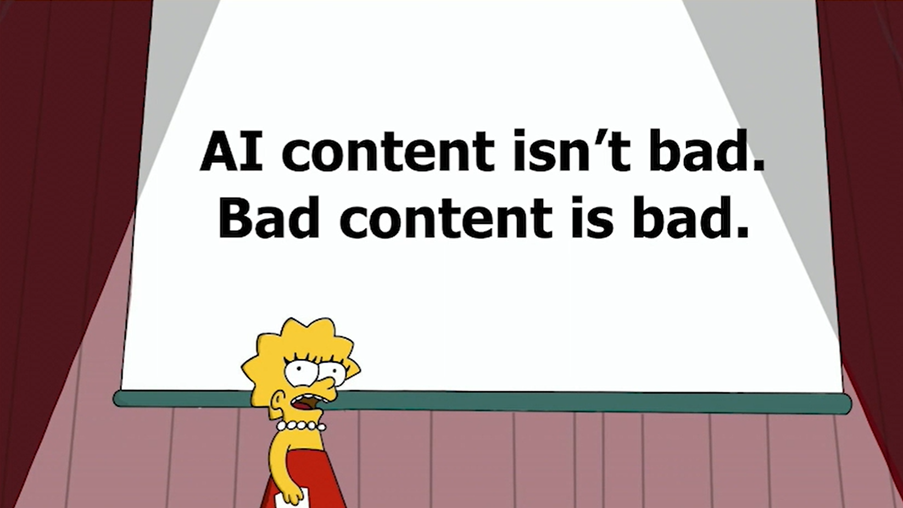
Overall, across all the AI talks, the key takeaways were clear.
- Google is getting smarter via semantics, Weighted BERT etc.
- LLMs such as ChatGPT can be taught to be more human and less “obviously ChatGPT”.
- Humans still need to be heavily involved in the content process for critique, fact checking, humanisation and that level of expertise that might not be available to AI at the time of training.
Google’s Search Generative Experience
SGE is another topic that caught everyone’s attention in 2023 and has been more peripheral since.
There were several talks around SGE and how to prepare, but the most interesting was Tom Capper from STAT/Moz who used STAT data to show how Google’s Search Generative Experience has changed over the last six months, and how and why it will likely change prior to being rolled out further.
The most interesting stat was how much Google has transitioned away from simply forcing a generated answer on the user, instead providing a button prompt to show you could produce an AI generated answer if you wanted to.
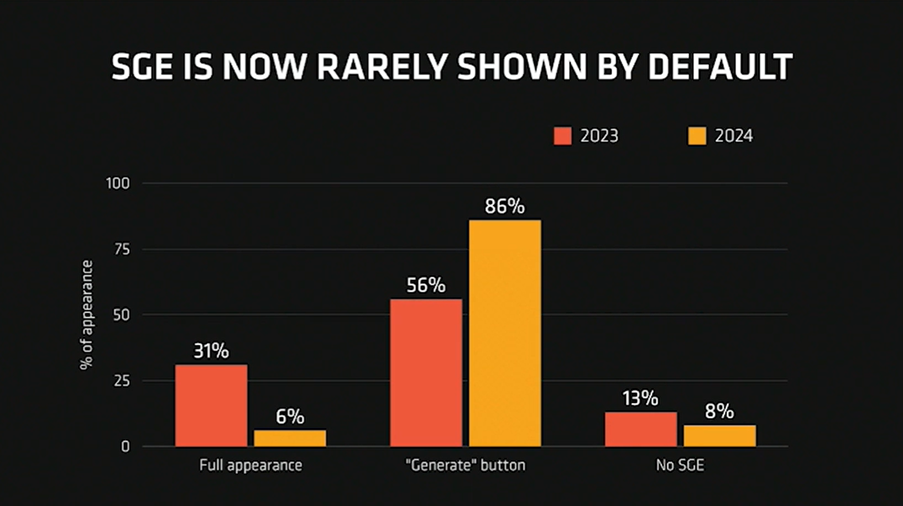
Tom and I have always thought very similarly about how Google will develop over time. We have even shared the stage together at a past brightonSEO discussing ranking factors and brand, something I am very passionate about.
As of 14th May, Google has begun the rollout of SGE to US users with the plan to expand the release to other countries in coming months. This slow launch seems prudent of Google, allowing them to monitor uptake and public reaction to this new way of interacting with search.
At present, SGE is often a worse user experience than current SERPs, and SGE generation is expensive computationally compared to a simple standard results page. As Tom says, “it needs a lot of work”. Google can’t risk losing market share and certainly can’t risk losing ad revenue in favour of chasing Bing and ChatGPT down the generative experience rabbit hole.
Will it eventually fully roll out? Very likely. Will it be as disruptive as we originally thought? Probably not. People will still “Google” things, the main shift will be that they won’t necessarily visit a website for the informational needs. Websites that thrive from the monetisation of information are likely to be hit hardest over time as users gradually become more accustomed to interacting with Google in this new way.
The question I’m often asked is, “Should we still bother with informational content?” My answer is always yes. Your site should contain all the content that your customers need to help them achieve their goals. The fact that said content might not drive a lot of traffic from Google should be second the fact it is supporting the user as part of their journey to conversion.
Experience, Expertise, Authoritativeness and Trustworthiness
E.E.A.T. (and prior E.A.T.) has been a staple topic of SEO conferences for some time now, and shows no sign of slowing. Since 2023, we have seen several big Google updates aimed at improving the quality of results through signals that are best humanised as expertise, user experience, subject authority, or trust.
While we don’t and very likely never will know the exact specifics of how E.E.A.T. is calculated or impacts ranking, the broad concept is a solid way for Google to move us towards making “better” content and experiences on the web.
Every website I have tried to help recover from potential E.E.A.T. issues often follows a similar pattern of over-monetisation and obvious bias towards earning over user experience.
Amanda Walls gave a good foundational presentation entitled “SEO for ‘your money your life’ industries”, covering the concepts of E.E.A.T and YMYL along with tried and tested methods to hopefully appease the Google algorithms.
Annika Haataja’s talk entitled “How to diagnose your brand SEO health issues” was another interesting talk covering several areas aligned with E.E.A.T. and how to evaluate your brand strengths.
Benjamin Szturmaj covered how video could be used as part of your E.E.A.T. strategy, something we are very passionate about here at HUB, in his talk “How videos can elevate your Google rankings and improve your E.E.A.T.”. Google’s moves to counter the likes of TikTok by introducing shortform video and generally prioritising video content in certain SERPs shows that the movement away from text-based learning to alternate formats is a very serious concern and a big growth area, potentially due to the simple facts that it often gets straight to the point and monetisation is less intrusive.
Carmon Dominguez’s talk “Bye SEO strategy, hi organic strategy” covers how to tackle the “I’m ranking 1st but traffic is down” scenario and how E.E.A.T. and the principles behind it can be useful for overcoming it as part of a holistic organic strategy spanning all content channels.
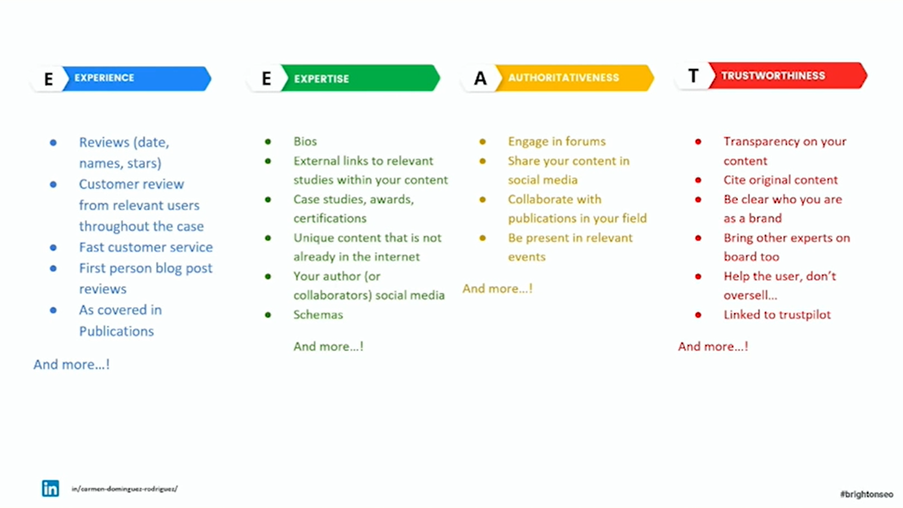
All the talks I watched broached the fact that E.E.A.T goes beyond your website and adding authors etc., and ties directly into a holistic integrated approach to brand and content across all channels. Ensuring you are both present and providing value everywhere your audience is looking for you or what you do, has been a stable strategy for years and will be for the foreseeable future.
Closing thoughts
brightonSEO continues to be a pillar for the SEO community, offering content for every level of understanding and the opportunity to network with some of the best talent across the globe. One concern has always been the scale. With five stages running consistently across two days, you just can’t be at every talk. This makes the video package a must if you really want to get the most value from your experience.
From April’s brightonSEO, my key takeaways are simple:
- We might have stumbled a bit recently, but it feels like we have adopted AI and considered how it might impact things moving forward like mature marketers.
- Change is inevitable and Google is never going to give us the formula for success. We simply have to learn, test, adapt and stick to the key principles of marketing. Do the right thing for your users with the minimum amount of friction.
- SEO remains alive and well and, as a practitioner with 20 years’ experience, I can say it is just as interesting, exciting, and sometimes frustrating as it ever has been.
The next brightonSEO will be the 3rd and 4th of October. I hope to see you there.
